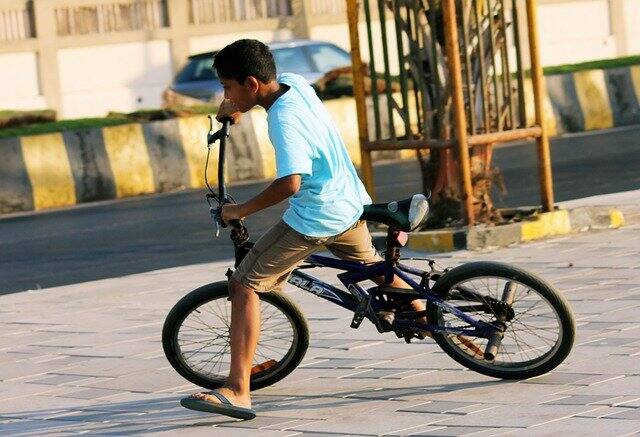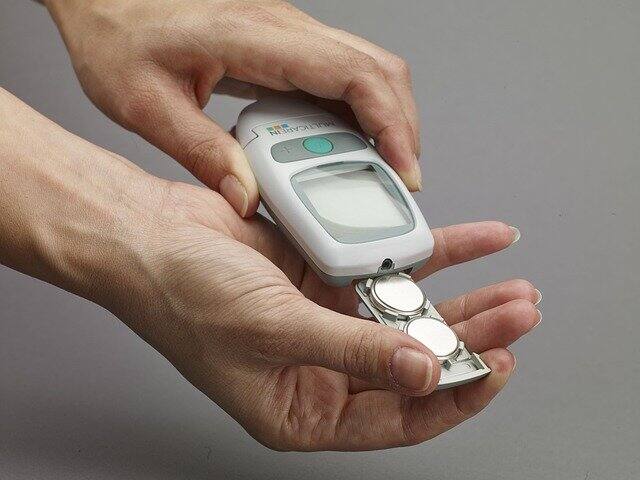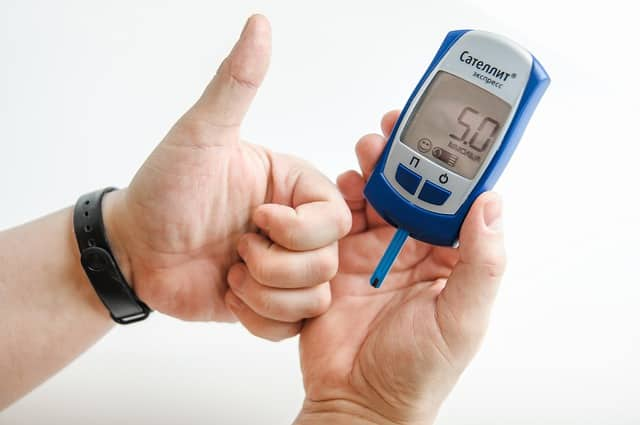Exclusive: World Diabetes Day - How to control rise in diabetes among children
India has a whopping 77 million diabetics in the country - the second-highest number of cases in the world, and experts are of the opinion that this number will further rise. There is also a rise in the number of younger people who are reportedly diabetic in our country. As November 14 marks World Diabetes Day and is also celebrated as Children’s Day in India, we look at the reasons behind the rise in Diabetes among children and how we can control it.
(Pics courtesy: Pixabay)
)
“An estimated 28,500 children and adolescents suffer from Type 1 Diabetes in India. The country has also seen a steady rise in patients with Type 2 Diabetes. A recent finding from the ICMR study ‘Youth Onset Diabetes’ has depicted that almost 25 percent of diabetic patients with onset of the disease before the age of 25 years actually had type 2 Diabetes, which is a lifestyle disorder,” shared Dr Sweta Budyal, Consultant-Endocrinologist and Diabetologist, Fortis Hospital, Mulund.

“Type 1 diabetes is known as ‘juvenile diabetes’ but more and more children and adolescents are being diagnosed with type 2 diabetes, which we earlier used to call adult-onset diabetes. In type-1 diabetes, pancreas stops producing insulin, which regulates blood sugar/ glucose levels. So people with type-1 diabetes essentially need insulin injections or an insulin pump to maintain their blood sugar level along with appropriate diet and exercise,” shared Dr Jay Chordia Consultant Endocrinologist Paras JK Hospital, Udaipur MBBS, MD, DM.
He further elucidated, “Exact reason for the cause of diabetes in kids is unknown, but majorly it happens due to environmental or genetic factors. About 70-80 percent of people who are diagnosed with Type 1 diabetes are under the age of 20 years and the peak is between 11-13 years. Type 1 diabetes cannot be prevented, and once it develops children will need lifelong treatment in form of insulin, which should never be deferred.’’

“While type 1 diabetes may be genetic, poor lifestyle choices promote preventable forms like type 2 and gestational diabetes. While an active lifestyle helps in reducing the risk of developing diabetes, food plays an important role. Intake of carb-rich food without the required amount of protein and other nutrients leads to an imbalance that can cause diabetes. Many children are increasingly diagnosed with diabetes or prediabetes mainly because their sugar intake due to fast food and processed food is very high,” said Dr Shuchin Bajaj, Founder, and Director, Ujala Cygnus Group of Hospitals.

According to a study published in the Journal of the Endocrine Society, children with obesity face four times the risk of developing type 2 diabetes compared to children with a body mass index (BMI) in the normal range.
“Over a period of time, due to globalization of the food market and the increase in the purchasing power of the people, there has been a huge increase in the average daily consumption of calorie-dense food. At the same time, physical activity has declined significantly. As a result, we have seen an epidemic rise in obesity rates, not only in adults but also amongst the pediatric population,” explained Dr Sweta Budyal, Consultant-Endocrinologist and Diabetologist, Fortis Hospital, Mulund.

“I have seen a marked increase in the numbers of children with diabetes during this pandemic. Some of them had a family history of diabetes. In others, COVID could have triggered diabetes. My suggestion to parents is to keep an eye out for diabetes when their children start gaining weight abnormally, because these are the children who may progress to type 2 diabetes especially if there is a family history of diabetes,” told Dr V Mohan, Chairman and Chief of Diabetology at Dr. Mohan’s Diabetes Specialities Centre, Chennai.
Dr Sweta Budyal, Consultant-Endocrinologist and Diabetologist, Fortis Hospital, Mulund, explained, “During the lockdown period, there has been an enormous rise in the Body Mass Index (BMI) of children. Lack of physical activity, increased screen time, and consumption of calorie-dense food has led to an increase in the prevalence of obesity, and thus a rise in the number of type 2 Diabetes cases”.

Talking about Type-2 diabetes, Dr Shuchin Bajaj, Founder & Director, Ujala Cygnus Group of Hospitals, shared, “Lifestyle modification is the single-most effective way to control diabetes in India that is fast becoming an epidemic. Maintaining a healthy body weight; being physically active by doing at least 30 minutes of regular, moderate-intensity activity; eating a healthy diet, with low sugar and saturated fats; and avoiding tobacco and alcohol are effective ways to prevent and reduce the risk of diabetes."
“The primary treatment of type 1 Diabetes is Insulin, either in the form of multiple daily injections or pumps. Children with type 2 Diabetes can be treated effectively with lifestyle modification and oral medicine called metformin,” shared Dr Sweta Budyal, Consultant-Endocrinologist and Diabetologist, Fortis Hospital, Mulund.
